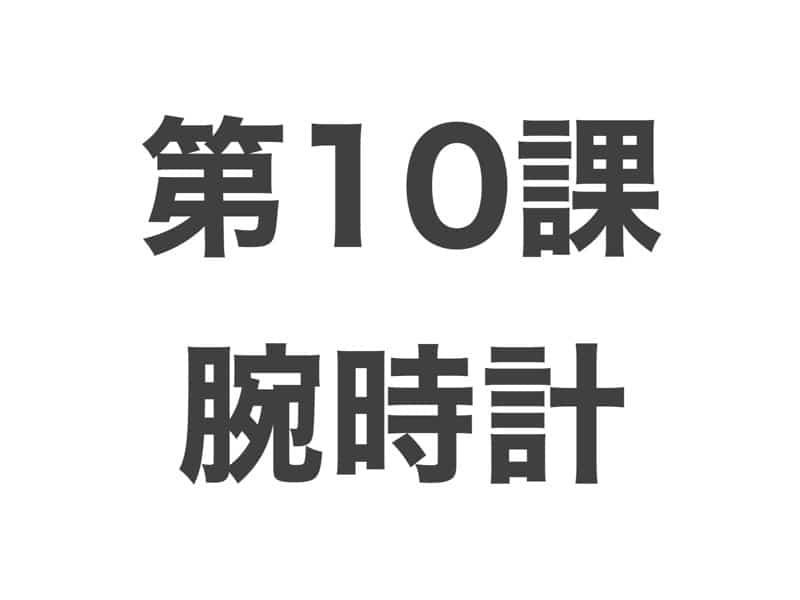新しい言葉
| 海外 | Overseas |
| 出張する | To go on a business trip |
| 原因 | Cause |
| 不明な | Unexplained |
| もうすぐ | Soon |
| 口数 | Talkativeness |
| 定年 | Retirement |
| 引っ込む | To retreat |
| 縁 | Connection, fate |
| 耳に残る | Remain in one’s ears, stick in one’s memory |
| 追う | To chase |
| きらう | To dislike, hate |
| 思い出 | Memory |
| 唯一 | Only, sole |
| 亡くす | To lose (someone) |
| しばらく | For a while |
| 外出する | To go out |
| 不便な | Inconvenient |
| 時間が経つ | Time passes |
| 〜につれて | As (something) happens |
| 〜どころかかえって | Instead of, On the contrary |
| 余裕 | To have leeway, have extra capacity |
| だいじょうぶ | Alright, okay |
| 間に合う | Be in time, make it |
| いらいらする | To get frustrated |
| すっかり | Completely |
| 〜ことに | |
| 〜からといって | Just because (something), doesn’t mean |
| 意識する | Be aware of |
| 〜わけではない | It’s not that… |
| 外れる | To get wrong |
| 以前 | Previously, before |
| 〜たびに | Every time |
| 腰を上げる | Get up, rise u |
| 取りかかる | To start, begin |
| 調子 | Condition |
| 起こる | To happen |
| 振り回す | To be controlled |
| 語りかける9 | To speak to |
いっしょに考えましょう
- How many times a day do you check the time?
- Besides a clock, is there anything else you use to check the time?
- Do you ever feel busy because you don’t have enough time?
読みましょう
My husband passed away in an unexplained plane crash while on a business trip overseas, and it has been almost three years. He wasn’t very talkative, but he would often repeat, ‘When I retire, I’ll move to the countryside and live a life without a watch.’ Those words still echo in my mind. My husband, who disliked living a life constantly chasing time, left behind his wristwatch, saying, “I’ll buy a new one at the airport.” That is the only thing that remains as a memory of the accident, as nothing else returned.
After losing my husband in the accident, I tried to forget it by not wearing a watch when I went out or went to work for a while. At first, it felt inconvenient, but as time passed, I found that it wasn’t inconvenient at all. In fact, I started to feel more relaxed. I no longer checked the time repeatedly while walking, thinking “I wonder if I’ll be okay. Will I make it on time?” or became frustrated while waiting for the train.
Strangely, I’ve also stopped looking at the clock much inside the house. Just because I don’t look at the clock doesn’t mean I’m not aware of time. I live by estimating what time it might be and how many minutes have passed. I rarely get it wrong. Before, every time I looked at the clock, I was always thinking “how many more minutes?” and living under the pressure of time. Now, it’s more like ‘It’s about time,’ and I start preparing to go out or get ready for meals.
I wonder what kind of watch my husband bought before his departure. Could the accident have happened while he was, as usual, checking his watch over and over again during the flight? Now, I sometimes speak to his wristwatch, saying, “I didn’t retreat to the countryside, but I’ve gotten used to a life without a watch. I’m no longer controlled by time, and I’m living a life free from the constraints of a watch.”
答えましょう
- When and how did the author’s husband pass away?
- What was the author’s husband’s catchphrase?
- What did the author do to forget the accident?
- Did the author find it inconvenient?
- Why did the author stop looking at the clock?
- How is the author’s current life different from before?
- At what times does the author think the accident might have happened?
- What does the author say to the author’ husband’s wristwatch?
使いましょう
まとめましょう
- Why did the author stop wearing a watch?
- How did life change as a result?
- What does the author want to convey to the author’s husband now?
話しましょう
- What is your daily schedule like? Do you want to live a life without being tied to a clock? Why is that?
- Do you feel like you’re busy every day? Why do you think that is? What kind of life do you consider to be a life with more freedom and relaxation?






コメント